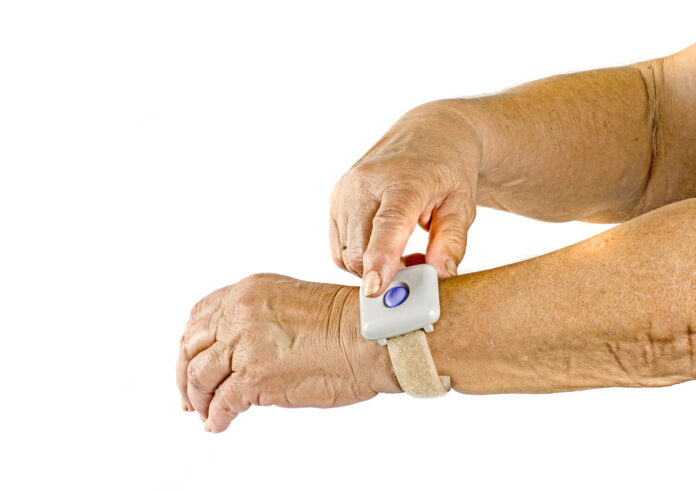As we get older, we are more vulnerable to falls and medical emergencies. It’s impractical to expect to be near a family member when a crisis strikes. That’s where medical alert systems come in.
A medical alert system is a wearable device with a push button that instantly alerts a 24/7 emergency response center when you require medical or other kinds of assistance. The button activates a call to a pre-programmed number. An operator will speak to you, assess your situation, and immediately send help.
Here are a few scenarios which call for investing in one.
You Live Alone and Are Prone to Worry
Living alone isn’t easy and can cause you great psychological stress. Having a medical alert system will put your mind at ease. The system isn’t only for medical emergencies. It even comes in handy for assistance during a house fire or break-in.
You Get Immediate Assistance After a Fall
Studies show that 1 in 3 American adults over 65 suffers a fall every year. If you have a history of falling or have problems with mobility, you become even more prone to injury. If you don’t receive immediate assistance after a fall, your recovery will likely take a lot longer. A medical alert system can send help as soon as possible.
You’ve Recently Moved
Having a good solid network of friends, family, or neighbors is crucial to getting timely help. If you have not established that support system yet, a medical alert system could end up saving your life.
You Take Medication With Dangerous Side-Effects
Some medication might trigger a bout of vertigo and dizziness which can make moving or taking the stairs especially difficult. If your medication has side effects that affect your coordination or balance, a medical alert system can send help when you suffer an attack. In some cases, timely assistance can prevent a fall and serious injury.
You have just been disguised with dementia, Alzheimer’s Disease, and memory loss: These conditions cause confusion, getting lost or wandering even in the early stages. Luckily, most medical alert systems come with a GPS locator that either alerts a family member with your location or contacts the emergency response operator who can swiftly send help.

